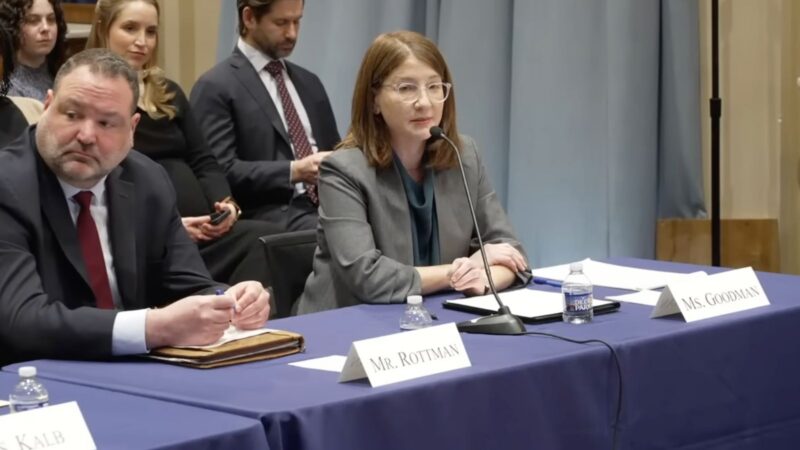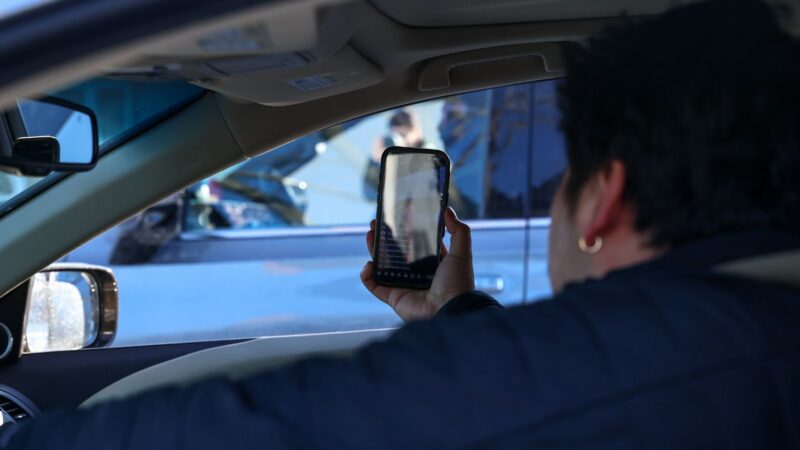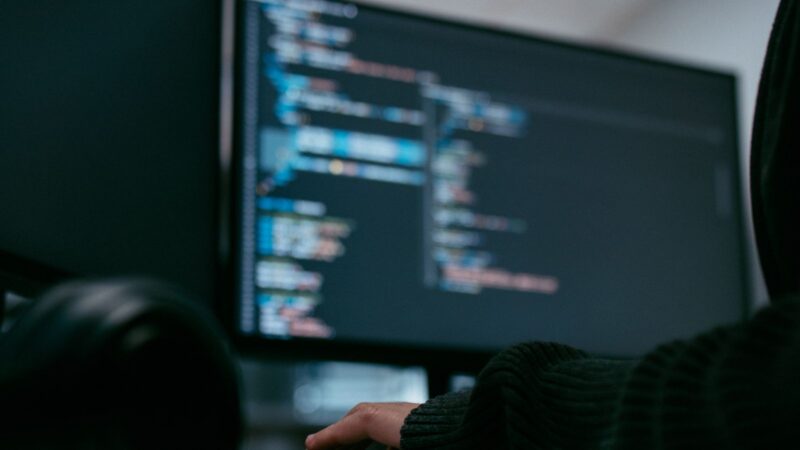Mackey amicus brief: How the second circuit can safeguard the right to vote from election disinformation without violating the First Amendment
- February 13, 2024

We, along with our partners at the Yale Media Freedom and Information Access Clinic, filed an amicus brief on behalf of Professor Richard Hasen in United States v. Mackey – an important federal appeal in the United States Court of Appeals for the Second Circuit examining how far a key federal civil rights law goes in protecting the right to vote. The decision in this case could have significant implications for the 2024 election and how we can hold those who attempt to use disinformation to disenfranchise voters accountable.
The federal government prosecuted Douglass Mackey for conspiring to post false information designed to mislead voters into thinking that could vote by text in an upcoming presidential election. The false messages were explicitly targeted at voters of only one party, and urged them to, among other things, “avoid the line” and “vote from home” via text message. The jury found Mackey guilty of violating 18 U.S.C. § 241 – a landmark and critically important civil rights statute dating back to 1870 – which prohibits conspiring to injure any person for exercising any rights and privileges they have under federal law, including the right to vote. Mackey was sentenced to seven months in prison for his actions, but he was permitted by the Second Circuit to delay reporting to prison during the pendency of his appeal.
The primary question before the Second Circuit in Mackey’s appeal is whether the federal civil rights statute he was convicted under – which bans conspiring to “injure” any person in their exercise of federal rights – actually bars conspiracies to circulate false information about voting mechanisms and procedures. Professor Hasen’s amicus brief explains why intentionally false statements about voting mechanisms and procedures violate federal law, and why such speech can be punished without running afoul of the First Amendment’s protections.
In particular, to establish the applicability of Reconstruction-era civil rights protection to internet memes, the brief tracks the history of legal actions protecting the right to vote back to England in 1703. That history shows, among other things, a three-century-long recognition among judges that an intentional deprivation of the right to vote constitutes an “injury” for which the law provides a remedy. As a result, the brief argues, Mackey’s conduct clearly constituted a conspiracy to “injure” under long-recognized legal principles, even if the Reconstruction Congress would have had no idea what an internet meme is.
Related Content
Join Us.
Building a stronger, more resilient democracy is possible, but we can’t do it alone. Become part of the fight today.
Donate
Sign Up for Updates Sign Up for Updates
Explore Careers Explore Careers
How to Protect Democracy How to Protect Democracy


